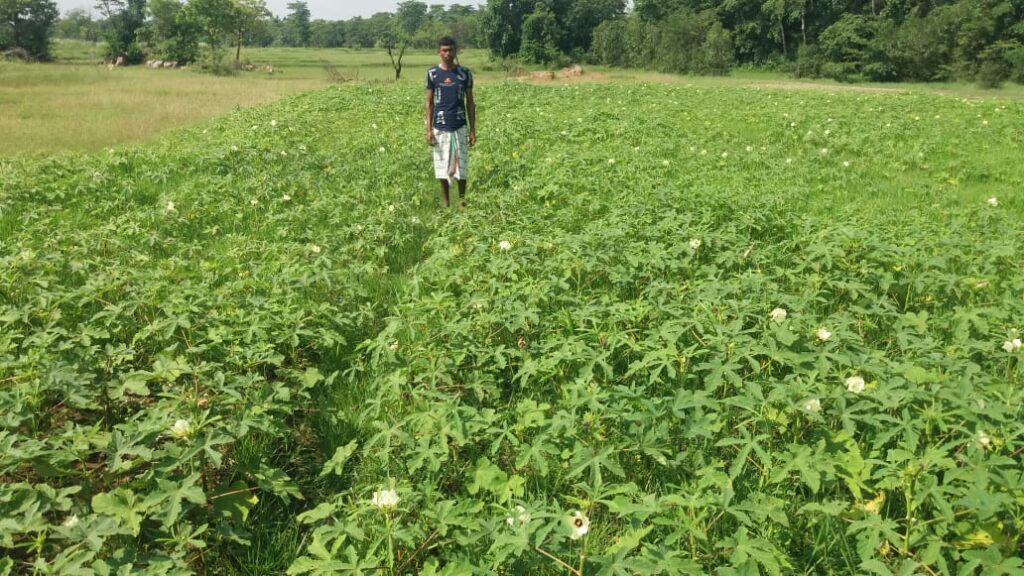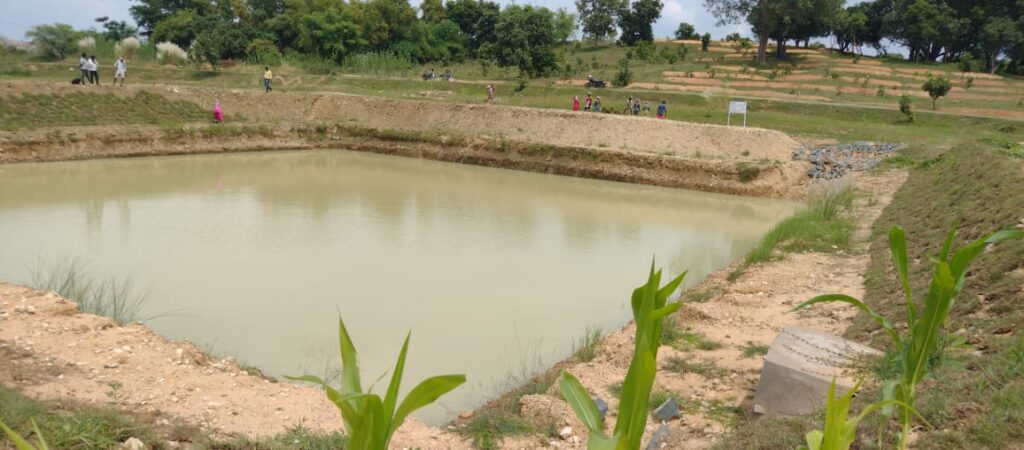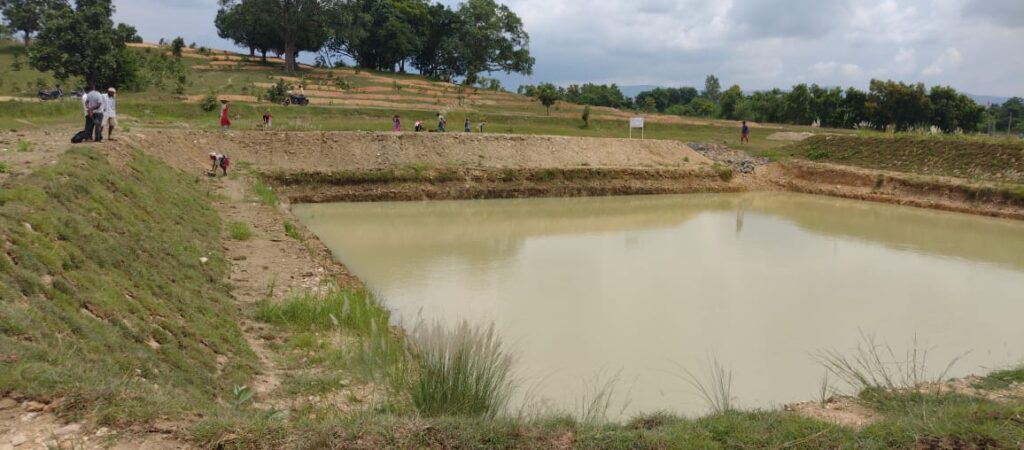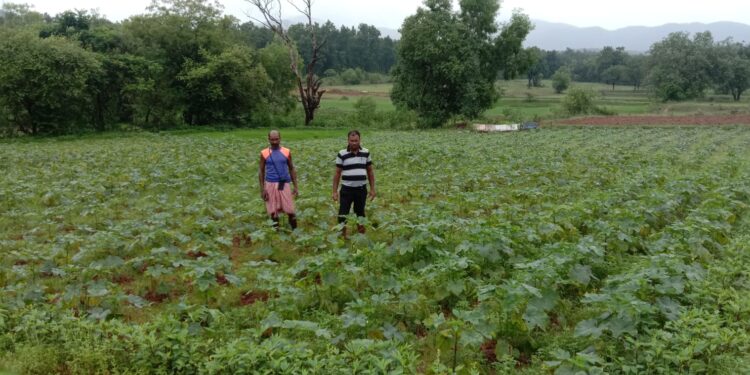jamshedpur ।
Potka is a block in the East Singhbhum district of Jharkhand in a region that faces extreme water shortage and scarcity. This district is one of the most scarcely irrigated, and has some of the lowest groundwater levels in the country. It has been declared drought-affected by the Ministry of Agriculture and Farmers Welfare almost every year since 2010. Along with very low irrigation coverage (only 10 %), Potka as a block is also the most critical part of the district watershed. In lieu of this and with the objective of improving socio-economic status of the communities, Tata Steel Foundation is implementing an integrated watershed management and climate proofing project in the Potka block of East-Singhbhum district.

The main source of livelihood and income in Potka is agriculture and allied fields like pisciculture. Due to lack of knowledge and skills in agriculture productivity, rain-fed farming, increasing population growth and extreme drainage that contribute immensely to the poverty in the area and make it difficult for the families depending on farming and agricultural labourers to get adequate income and reliable employment.to compensate they started migrating to nearby urban agglomerates in search of daily wage labor.

Tata Steel Foundation has selected a Mili Watershed in Potka in the catchment area of Subarnarekha River Basin having a total watershed area of 5695 ha. Of that total watershed area, the treatable area is approximately 4663 Ha. The watershed area covers 58 villages having more than 5,600 families of which 50% families belong to various tribal communities. The project has planned to create an additional water storage capacity of 18 million cubic feet (MCFT) to facilitate irrigation and groundwater recharge. This in turn will lead to increasing cropping intensity up to 132% and enhancing farmers’ income up to 2 lakh per annum per family from the base income of Rs 70,000 per annum over a period of five years.
Further achievements of this intervention include an additional irrigation area developed across 150 acres of land through the construction of 28 farm ponds, 52 hectares of uplands (Fellow and barren lands) have been treated through different soil and moisture conservation measures and almost a total of 975 farming families have adopted scientific and climate resilient practices of agriculture.. These interventions are designed to lift farmers out of poverty while also making them self-reliant and fortifying them against climate change. Through this intervention, Tata Steel Foundation has been able to bring significant and lasting change to this area and the practice of agriculture as a livelihood while touching the lives of almost one thousand families across East Singhbhum.














